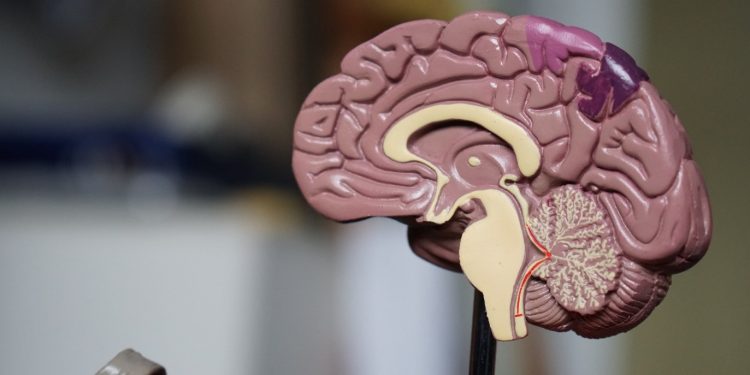Science has improved so much over the last few decades. People have crossed galaxies and landed on the Moon and whatnot! It is a wonderful fact that doctors now have the tools to perform miracles and save countless lives. Speaking of difficult treatment procedures, neurosurgery is an ever-evolving field. Many efforts are dedicated to finding new technologies and techniques to make surgery less invasive and precise for quicker recoveries and improved patient outcomes. Cognitive decline can be one of the greatest fears associated with aging, but it doesn’t need to be inevitable.
Keep Your Head Straight:
Your brain relies on oxygen and glucose for functioning optimally; one effective way of getting both is through exercise. Even modest physical activities can help – taking the stairs instead of elevators, parking away from lifts/escalators at work, scheduling five-minute walking breaks during workdays, etc – while exercise also stimulates chemical changes that help memory recall as well as mental alertness.
- An essential aspect of keeping your brain healthy is stimulating it in new ways. You can do this by learning a foreign language, taking music classes, or working on complex puzzles. Just make sure that these activities don’t become repetitive; repetitive activities do not offer the same benefits as those that require problem-solving or strategy.
- Sleep is essential to your overall health and especially essential for brain health. Studies have revealed that individuals who regularly get more than seven hours of restful sleep per night are at lower risk for Alzheimer’s and other forms of dementia.
- A diet rich in fruits, vegetables, whole grains and fatty fish can support brain functions, while junk food must be restricted and sugar rationed out as much as possible.
- One key component of brain health is minimizing environmental toxins and managing stress levels.
Science & All:
In recent years, new surgical and technological advancements have made great strides that are now accessible to patients around the globe. One exciting development is minimally invasive surgical techniques, which offer greater precision, reduced blood loss, shorter recovery time, and decreased hospital stays for patients undergoing procedures. This is great news, as patients now have shorter recovery time with reduced pain!
Robotic Assisted Surgery:
Robotic-assisted surgery utilizes robots to assist a surgeon during a procedure. This method has proven more precise than traditional open surgery and reduced cutting and suctioning requirements during procedures.
MRI-guided Neurosurgery:
This technique uses computer technology to perform minimally invasive surgery for movement disorders, brain tumors and other intracranial conditions using CT or ventriculography scans as coordinate spacers, then selects its starting point from a stereotactic atlas of the brain. Expert doctors in the field, such as Dr. Sebastian Koga neurosurgeon, know how to handle brain tumors and find effective solutions. If you opt for surgery, you must reach out to an expert in this field. It’s not like you are getting your nails done or getting a filler injected into your lips. It’s your brain we’re talking about. So, you need all the information that you can have before making an informed decision.


 Home
Home









